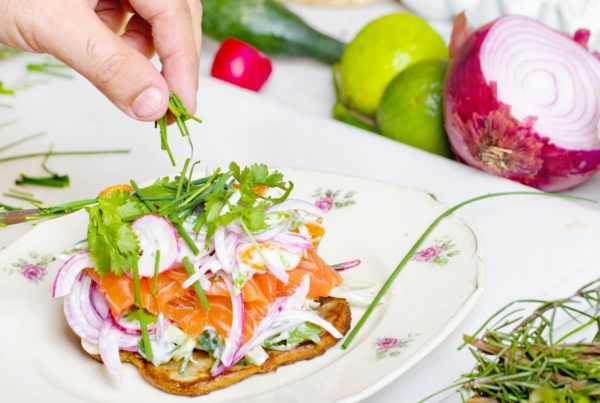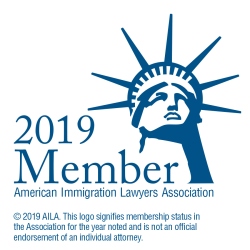A client I will call Edgardo is a United States citizen with roots in Ecuador. On a trip home after his divorce, he met and fell in love with a wonderful woman, and decided to marry her and sponsor her for permanent residence, so that they would be able to share their life in the United States. “Maria” is in her late twenties and has a child from a previous relationship; Edgardo is in his mid forties. Edgardo filed an application for a “fiancee visa,” which took about six months for the first tier of approval. It was then sent to the United States consulate in Ecuador for further review. The consular officer who met with Edgardo’s fiancee, “Maria,” told her that Edgardo would need to appear in Ecuador for an interview.
Edgardo took time off from work, dropped what he was doing, and traveled to Ecuador. He brought with him photographs of the couple’s vacation in Panama, Western Union receipts showing that he had been sending money to help support his fiancee, and copies of dozens of emails the couple had exchanged. The consular officer declined to review the evidence, and instead separated the couple and asked them questions such as “When was the first time you made love with your fiancee?” “Why did you wait so long?” “How many times did you make love yesterday after you picked him up from the airport?” “Who took a shower first afterwards?”
The couple was mortified, which caused them to give slightly different answers. Maria’s application was denied because the couple “was unable to demonstrate the bona fide nature of their relationship.”
I advised the couple to skip the appeal, but instead to simply get married and try again. They arranged for a quick marriage, attended only by a few friends and family members. We fully disclosed that the reason for the quick, sparsely attended wedding was the couple’s desire to submit a new application so that they could live together in the United States.
We again provided extensive documentation of the couple’s relationship; photographs of their wedding and honeymoon (another trip to Panama), additional Western Union receipts showing that Edgardo has sent thousands of dollars to help support Maria and her child, and additional emails between the couple.
When Maria appeared for her interview, the consular officer again declined to review the evidence, but instead opined that Edgardo was too old for Maria. The application was denied.
This time we appealed and finally won the case.
Somewhere along the way, I had written to fourteen State Department officials, indicating my feeling that it was inappropriate, and demonstrated inadequate training, for consular officers to ask visa applicants about the intimate details of their relationships. The only response I got was from the chief consul in Ecuador, advising me that these questions were “the only way” to find out if a relationship is bona fide. For the record, as a veteran of hundreds of interviews for marriage-based cases, I have observed hundreds of ways that properly trained officers approach this issue. Never once have I heard an officer ask questions like this.
It took Edgardo almost five years to be able to bring his wife to the United States. We don’t know how many years it will take for the couple to live down the trauma of being questioned by a stranger about the intimate details of their relationship.





